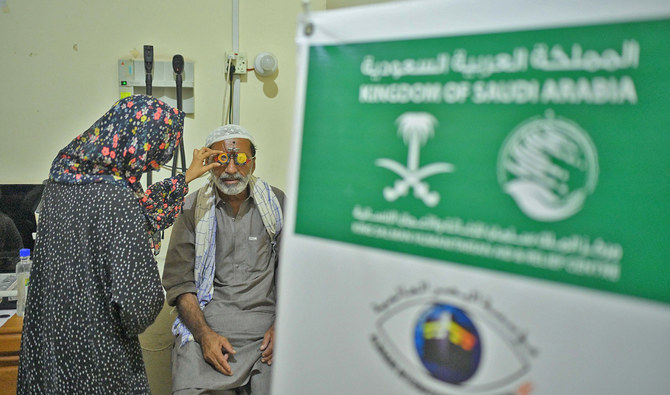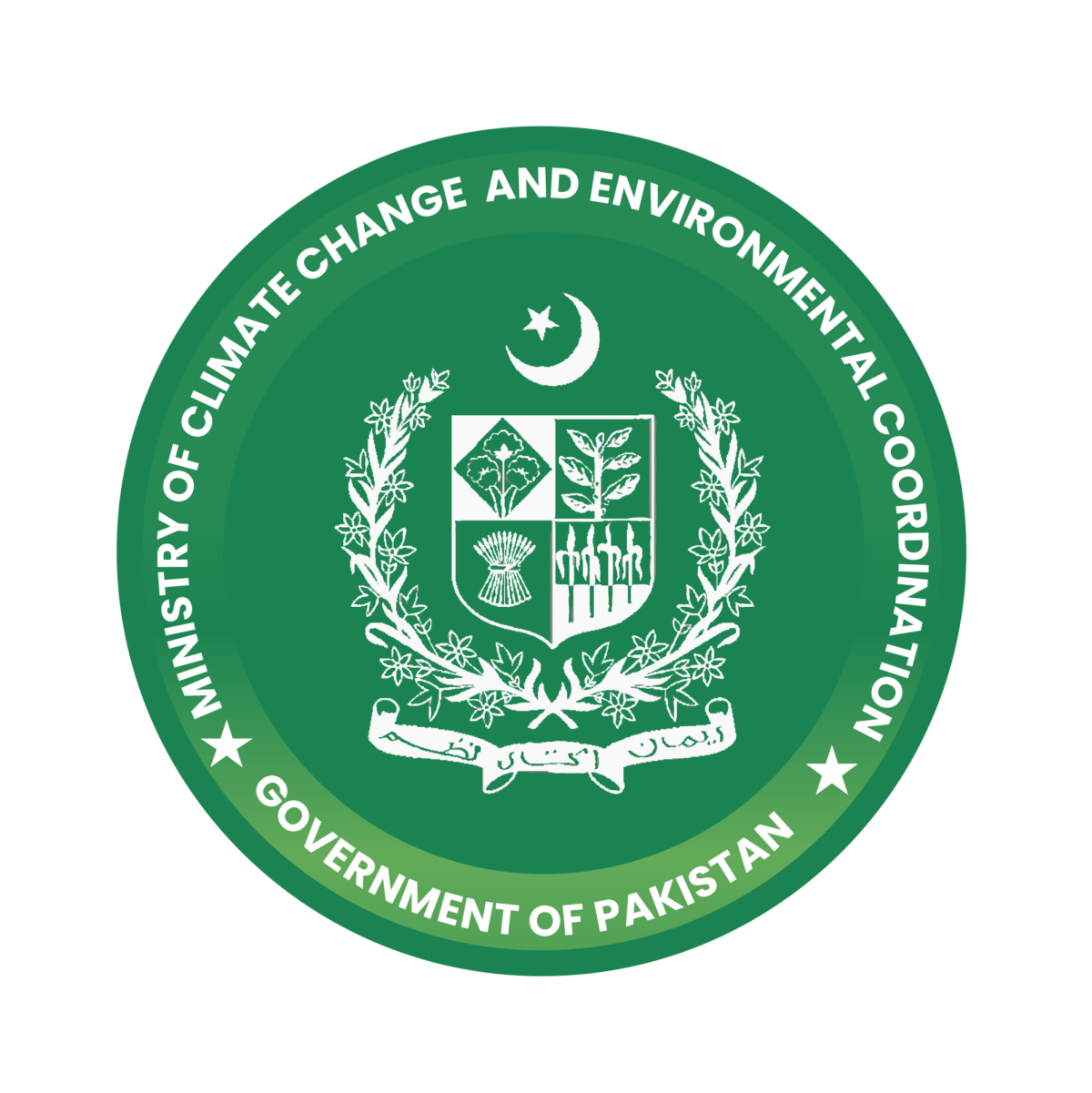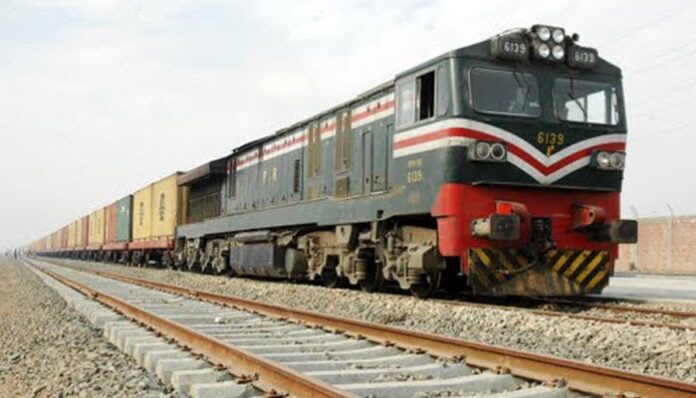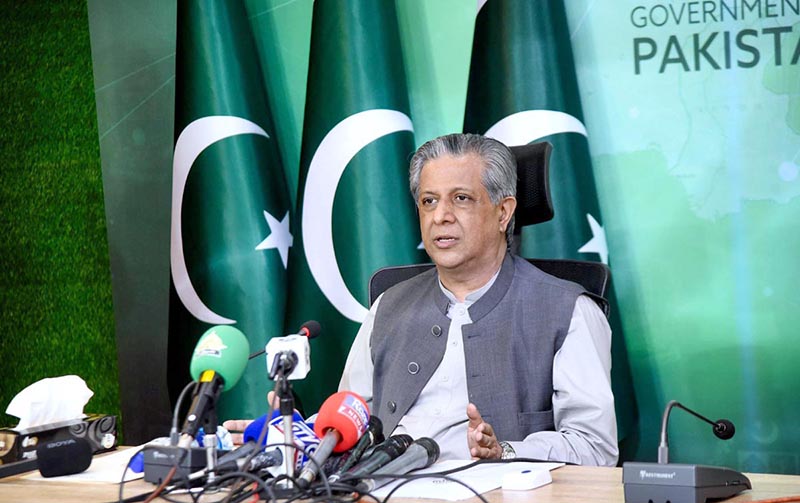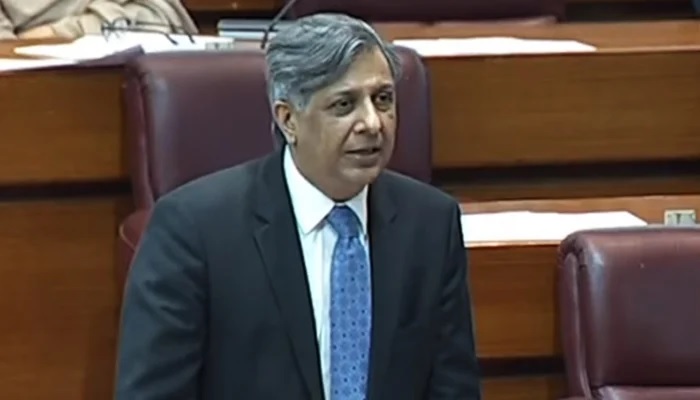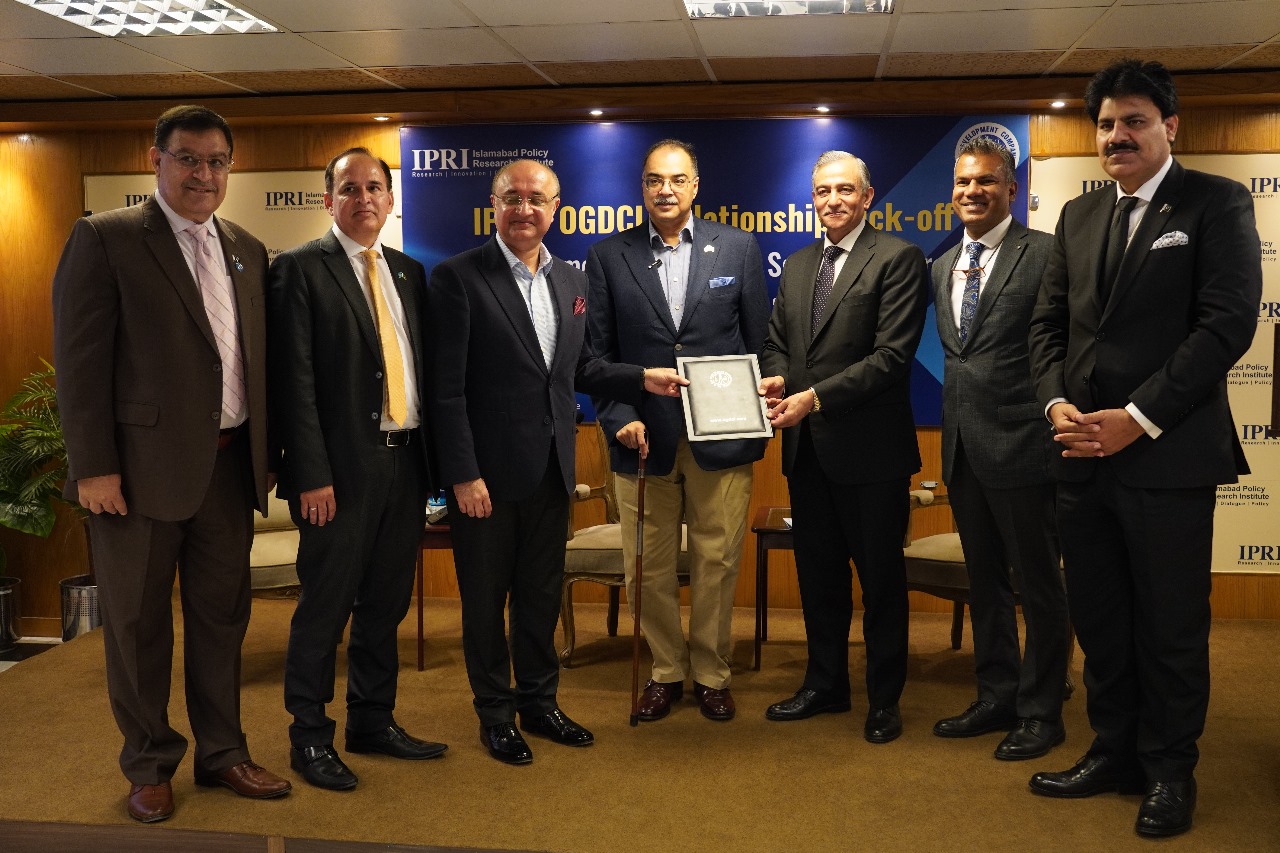ISLAMABAD, Jun 08 (APP): The experts on Saturday said the country needed to utilize the indigenous technology resting at the shelves of its research departments alongwith improved governance would help enhance climate resilience amid growing environmental crises.
The panelists during panel discussion titled “Climate Change Challenges for Pakistan” during the climate change conference titled “Navigating Climate Governance: Executive Action and Judicial Oversight” organised by the Law and Justice Commission of Pakistan here at the Supreme Court of Pakistan.
Chairing the panel discussion, Ali Tauqeer Sheikh, Chair Loss and Damage Fund Asia Pacific Group said dignity, equity and justice were the guiding terms that needed to preserve the country’s diverse ecosystem spanning from mountains to coastal areas.
Sheikh said Pakistan has one of the diverse ecosystems intricately connected with each other and the risks and problems emanating from it were impacting the nation directly or indirectly due to environmental degradation.
Dean Geosciences, University of Punjab, Dr Sajid Rashid Ahmed said before 2015 there was no discussion on air pollution as there was no smog onset. However, China, and the US during 18th and 19th centuries were facing smog issues but they ultimately developed solutions to overcome the problem.
He added that the smog issue in Punjab was not limited to transport sector but rather included farmers, industries and the communities’ behaviour driving air pollution which had become an individual issue.
Chairperson Hisaar Foundation, Simi Kamal said the colonial era reforms replaced the local traditional water and crop distribution practices that resulted in current injustice and climate crises. “Water needs to be taken holistically as a source of development, dignity, equality and justice,” she added.
VC University of Agriculture Faisalabad, Dr Iqrar Ahmed Khan said one million acre feet (MAF) water could be transformed into one billion dollar GDP whereas this ratio was halved in our context due to weak governance and uneven water distribution, no land reforms and water wastage.
He mentioned that two crops, wheat and rice, were eating 75% water and were water inefficient crops, whereas wheat had a political economy that needed to be replaced to promote crop diversity among farmers.
“The technology resting on the shelves is sufficient to achieve climate resilient agriculture. The lack of trust of investor is impeding the endeavour as there is evidence and species existing to adapt to salinity and rigidity in the soil impacting agricultural lands,” he added.
He said the farmers should be enabled to adopt those technologies to achieve climate adaptation.
Director IBA, Dr Nausheen Hafizah Anwar said the climate impacts not only include population effects but also that on vulnerable communities and population groups, where marginalised people remained underserved in terms of access to critical infrastructure.
She added that there was less effective response strategy due to disconnect in terms of governance at the municipal level whereas heatwave was stealth killer that demanded more proactive response.
Former DG Met office, Dr Ghulam Rasool said mountain ecosystems of Pakistan were very fragile in terms of cryosphere areas in Hindukush and Himalayan region under its political jurisdiction.
Moreover, water supply issues were emerging in glaciated zone due to thinning of the glaciers as recession of glaciers was causing glacial lake outburst floods, he added.
Bhutan, he said was glaring example of success in tackling climate and have gone climate neutral and organic country promoting organic agriculture where communities were using sustainable practices, adding, “Pakistan can also achieve it and should work on it.”
مضمون کا ماخذ : dupla sena acumulada


